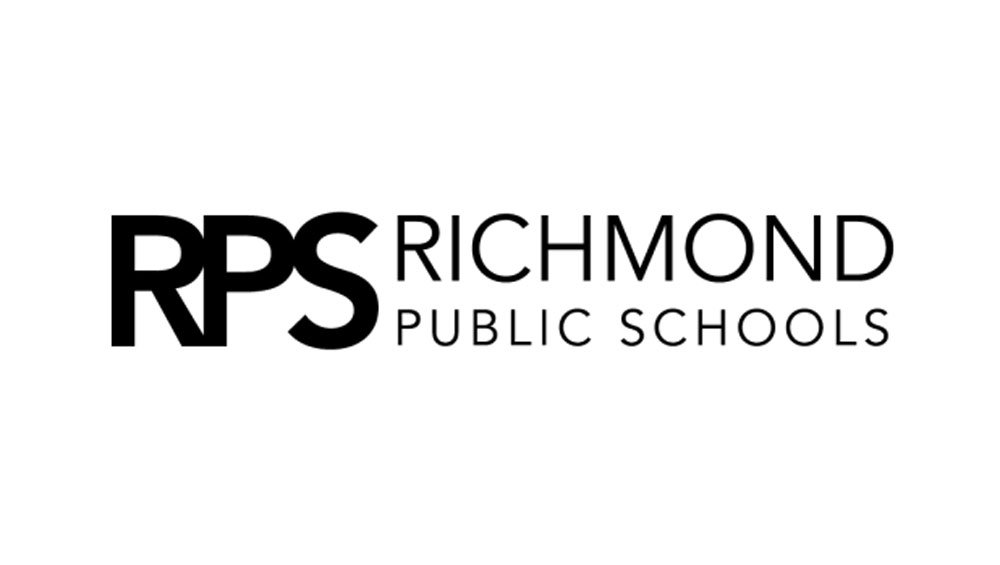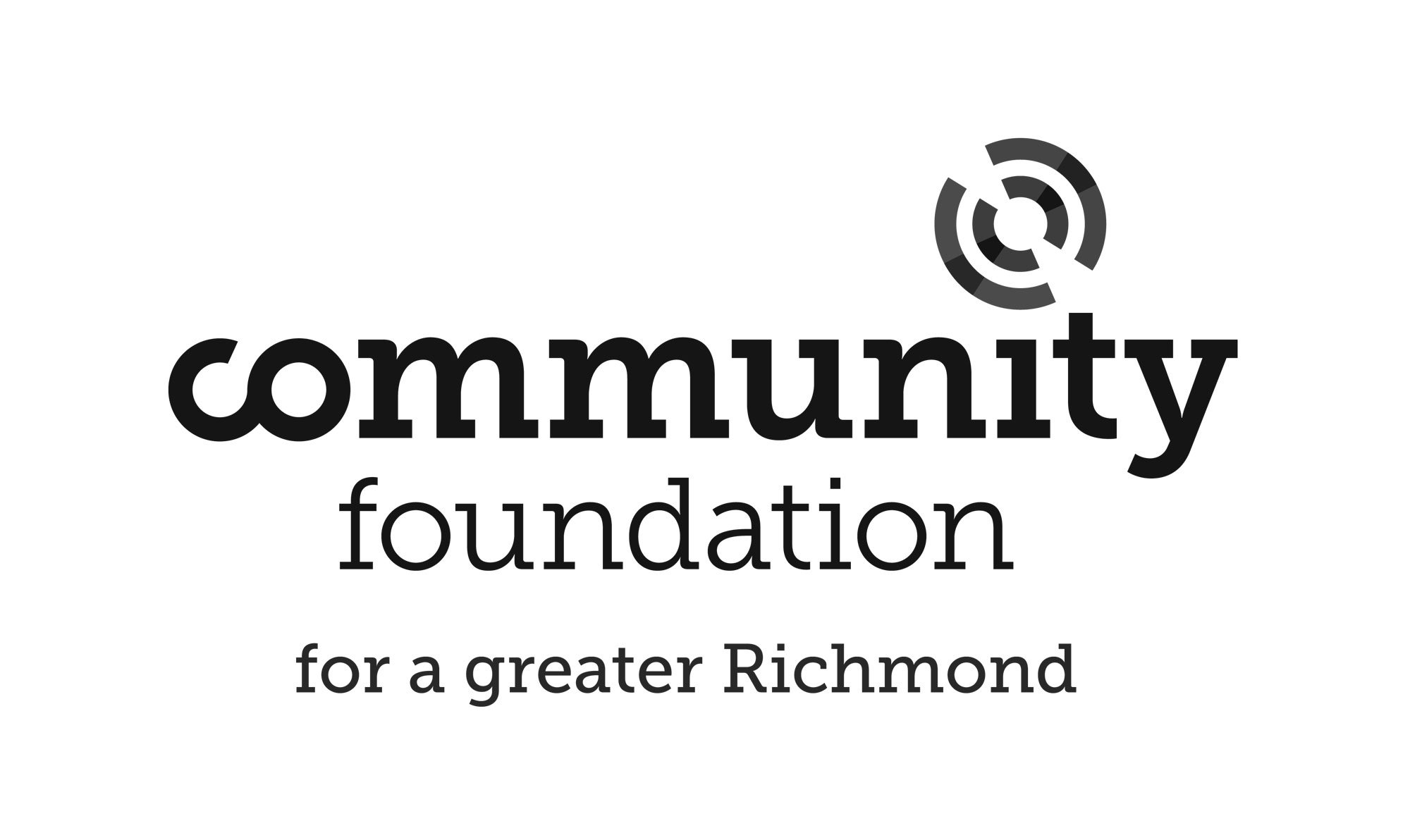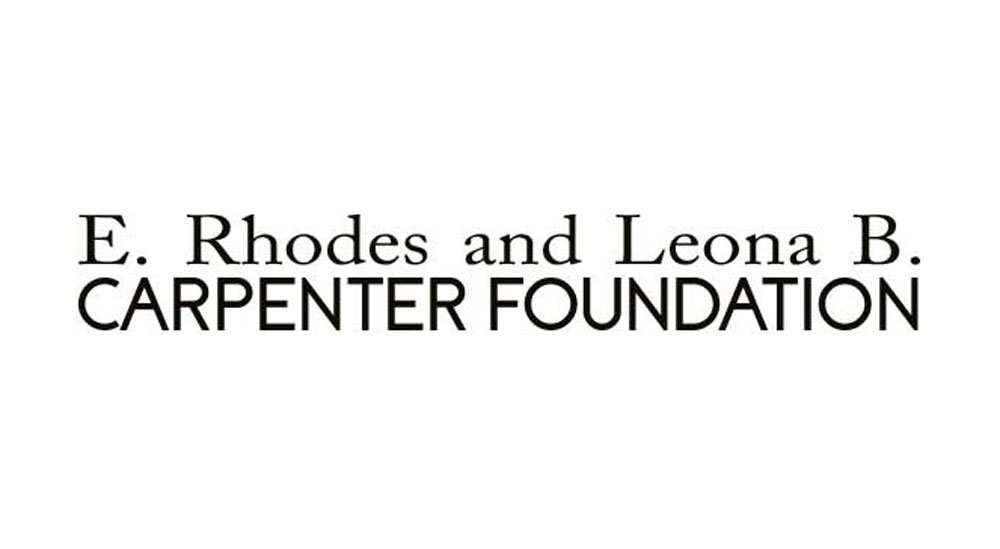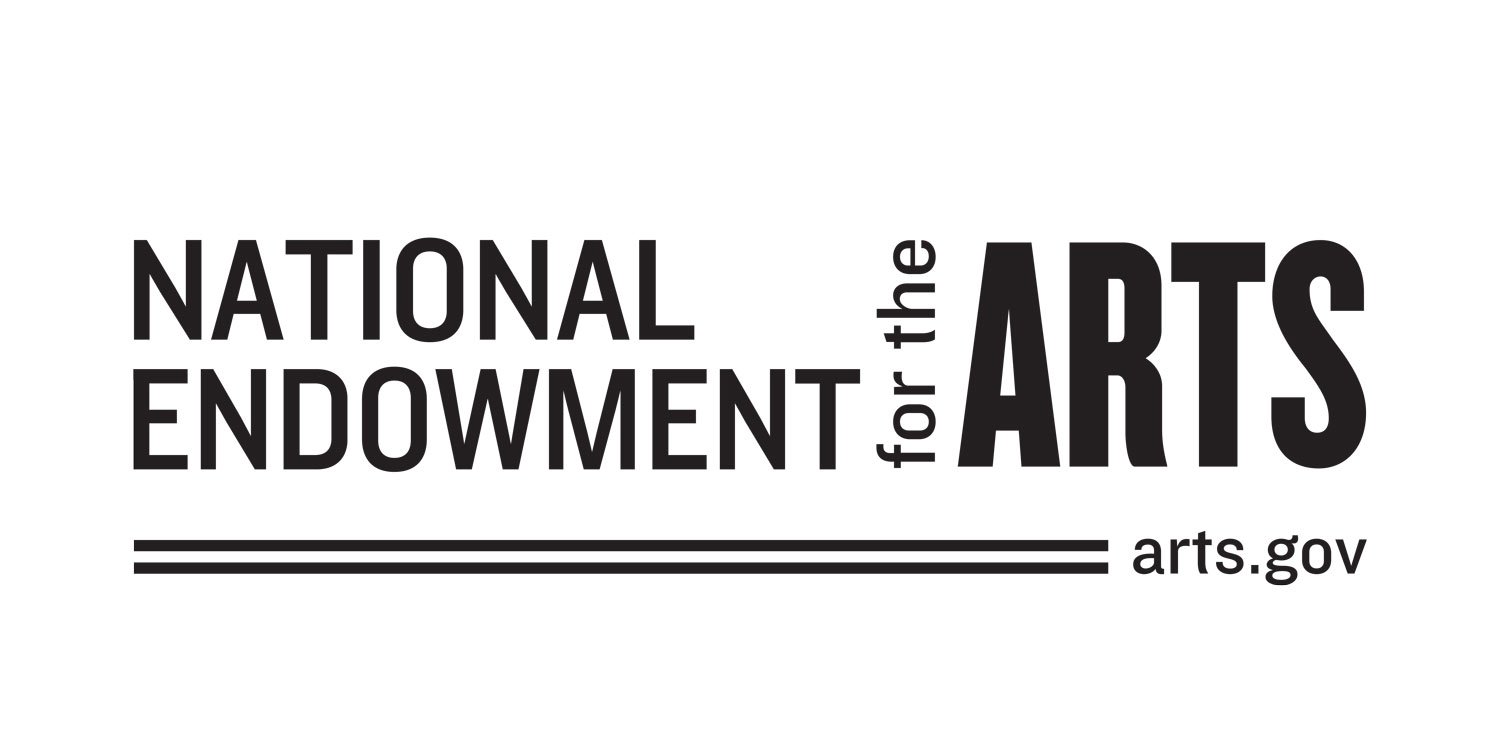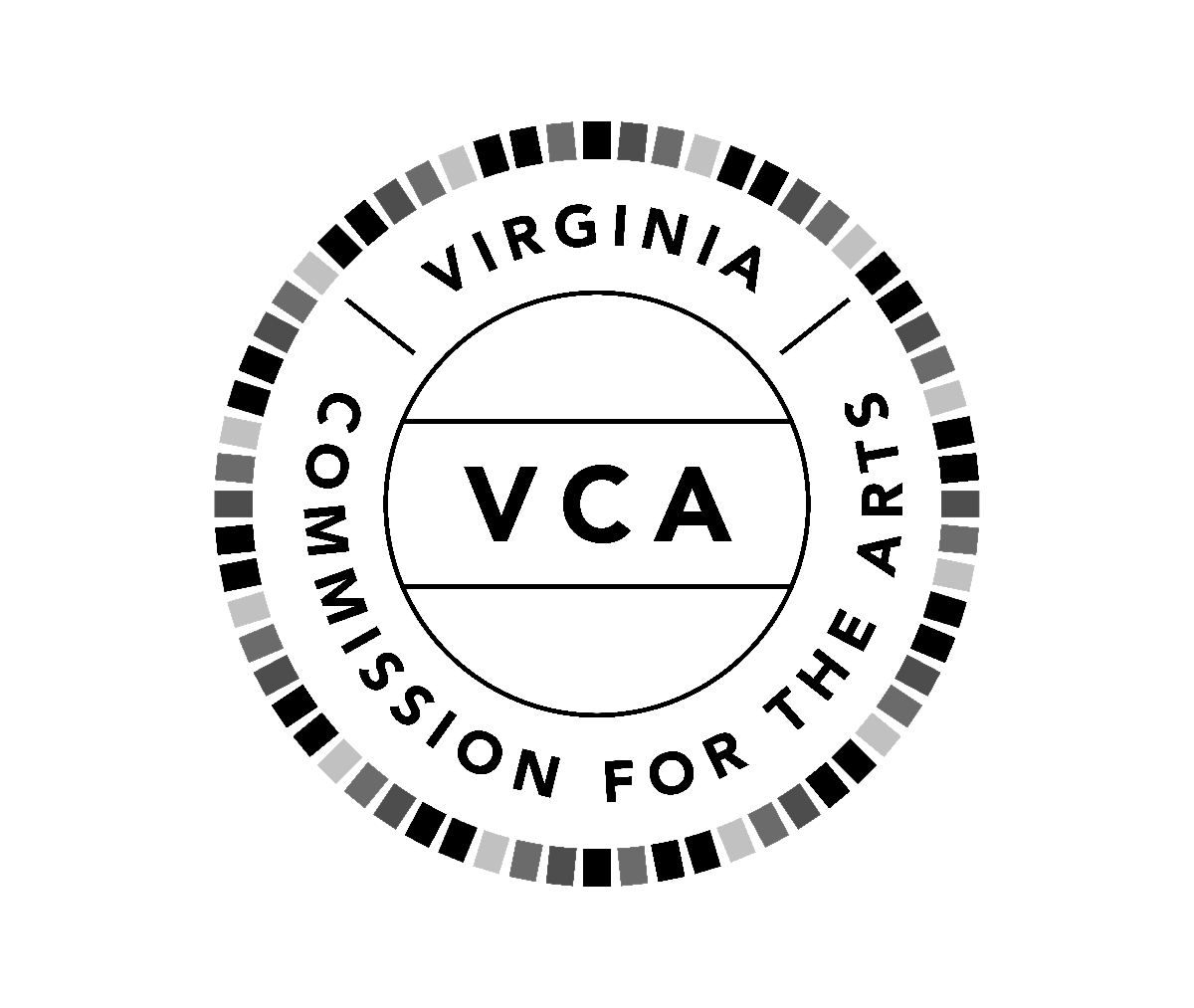The PSA Project
Advocacy through Creative Expression
In the summer of 2023, Richmond Public School (RPS) asked Cadence leadership to create PSAs at two specialty schools that serve students with significant intellectual disabilities, as well as students with behavioral and emotional challenges: Amelia Street Academy and Richmond Alternative School. RPS and Cadence have partnered for ten years on STAGE WRITE College Prep and Workforce Readiness, a program in the comprehensive RPS high schools in which student-written and filmed PSAs are an integral part of the curriculum. Due to the excellence of these videos and the successful long standing partnership, the opportunity to expand this work to include elementary and middle school students was born. PSAs were created in March and April of 2024 with the intention of expanding to serve even more students in the 2024-25 school year.
Cadence's PSA Project not only aligns with Cadence's mission but also embodies its core values of inspiration, transformation, education, talent development, uplifting the spirit, challenging the mind, and honoring both individuality and shared humanity. By engaging students in advocacy through creative expression, the program contributes to the enrichment of the community and the cultivation of socially conscious and empowered individuals who are committed to making a positive impact on society. The process of creating PSAs can be transformative for students, fostering personal growth, self-expression, and a sense of agency in making a difference in the world. Through workshops and mentorship, students learn about storytelling, advocacy, teamwork, and communication skills. Students gain practical experience in video production, scriptwriting, and advocacy, expanding their skill sets and knowledge base. Through the exploration of complex social issues and the development of persuasive messaging in their PSAs, students are challenged to think critically, analyze problems, and propose solutions. The program encourages students to challenge societal norms, question assumptions, and promote dialogue and reflection on pressing issues facing their communities.

